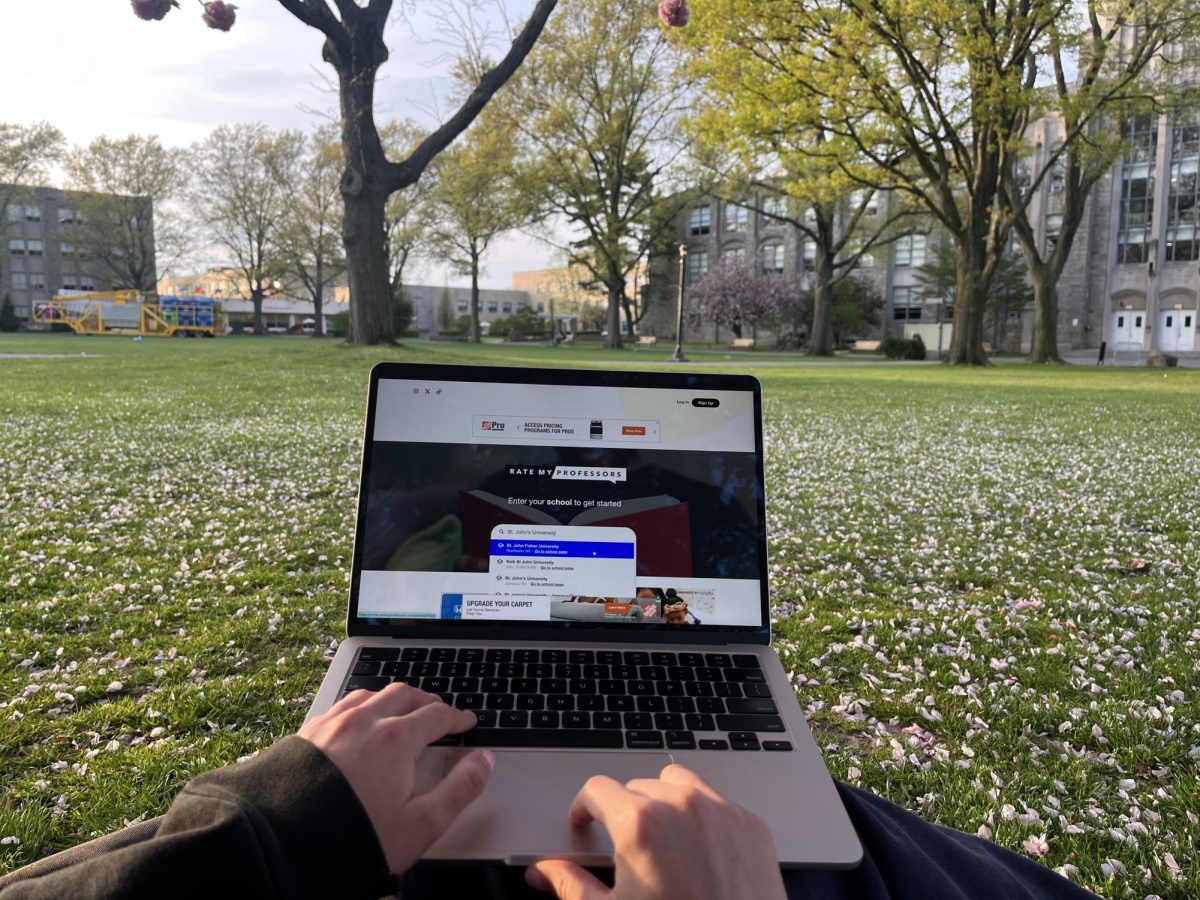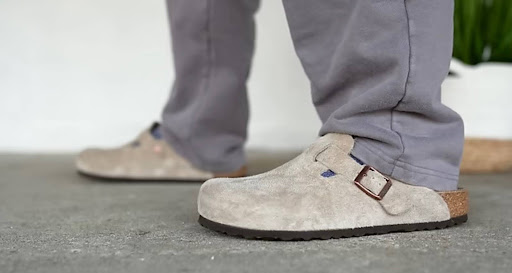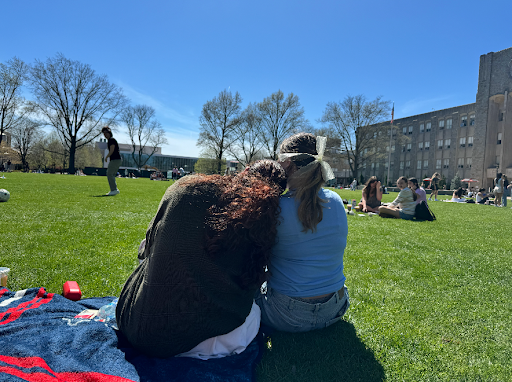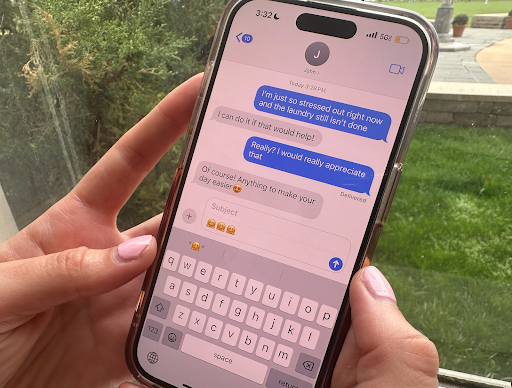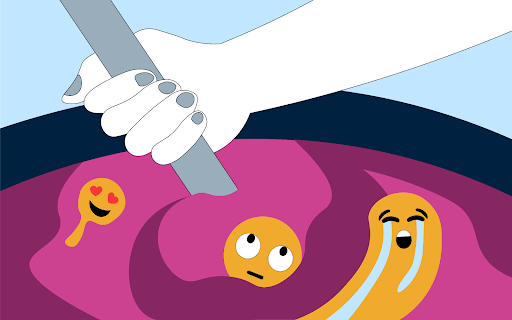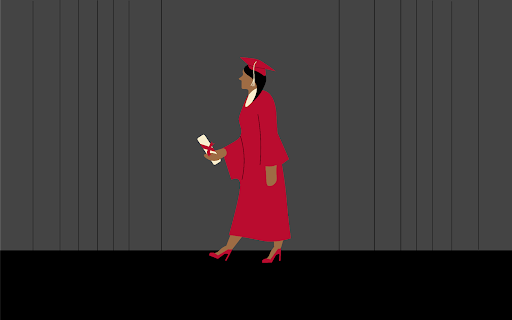Mental health has become a highly popular topic and a lot of progress has been made in making it more acceptable to talk about. However, there is still a lot of negative stigma surrounding mental illness.
BLENDtw (aka. Blend The World) is aiming to do their part in starting a conversation on de-stigmatizing mental health. BLENDtw is a media and tech company “that empowers people to connect.” On Oct. 21 the company held a conference on the St. John’s campus to talk about mental health called “My Voice, Our Story.”
This event allowed speakers and students alike to share personal life experiences and start a conversation on various topics including suicide prevention, mental health, body image, guns in America, the LGBTQ+ community and other topics. It was held in collaboration with several SJU organizations, including TESS, Students of Consciousness, African Students Association, Ioata Nu Delta Fraternity, LASO and Spectrum.
The night began with an introduction from Maricielo J. Solis, CEO and Founder of BLENDtw. She discussed the goal of their MYVOS publication and conference series as giving people a platform to tell their stories.
Tutu Shotonwa, Founder of TalkNaija, an organization created by and for Nigerians to help reduce the stigma of mental health in their community, also spoke before panels began. She discussed the history of portrayal of mental health in media, in which mentally ill people were depicted on television as disheveled, weak, unhinged and crazy. This portrayal had a large, negative influence on how society viewed mental illness. She noted that mental health is one’s emotional, psychological and social well-being, and everyone struggles with it — it does not make you crazy.
During a Social Media Panel Q&A, Solis asked the diverse range of panelists about the relationship between mental health and social media. The panelists included Shotonwa, actor and writer Tristan Miller, photographer Ashley Jacklyn, and founder of “Schizophrenic.NYC,” Michelle Hammer.
The panelists discussed the negative impact social media has on mental health, and how they have each taken steps to take care of their mental health while using social media, steps that every student can implement. This included posting a daily affirmation on social media, limiting his screen time on social media, and using social media as motivation to get up every morning and feel good about oneself rather than a crutch.
“The event was definitely helpful in terms of acknowledging that everyone can have something like anxiety or depression, and the best thing to do is to accept it and work to better yourself,” Junior TV and Film major Hannah Sesay said. “Mental health is something that is extremely important but not something many people pay attention to … Your mental health is just as important as your physical … and this mentality should definitely be pushed throughout society.”
Solis also asked the Social Media panelists what they would say to someone struggling with mental health who isn’t sure what to do about it. Hammer responded that her message to anyone struggling with mental illness is, “You are not a burden,” and Jacklyn said, “Speak up even if your voice shakes.”
The event closed with a Student Panel Q&A, where Solis asked a selection of SJU students about their relationship with mental health. The student panelists included Shaeleigh Severino, Andy Ma, Matthew Ventura, Phoenix Totesau-Johnson and Shakifur Bhuiyan.
Between the panelists, an array of mental illnesses were represented including anxiety, depression, seasonal affective disorder, OCD and borderline personality disorder. The student panelists discussed their personal mental health journeys. Most of the panelists talked about how mental illness “doesn’t exist” in some communities of color and that they were expected to just get over it and be fine.
“The second panel of students is what really stood out to me because of how open and real they were with their answers,” Junior Communications major Lexie Wingfield said. “As a person who struggles with mental health issues, mental health has a strong impact on my life, and conversations and action involving it are things I will always continue to be a part of. There are people with much worse fates of mental health than I, so I feel that it is my responsibility to help those who cannot help themselves by bringing light and change to mental health issues.”
With a turnout of roughly 80 students and faculty, there was a positive reaction from students, but also a slightly somber and thoughtful mood from those present. Mental health is something that affects everyone, and it needs to become commonplace to talk about. No one should have to struggle with mental illness on their own, and through events such as these the issue is able to be front and center and discussed openly and vulnerably by the student body.












